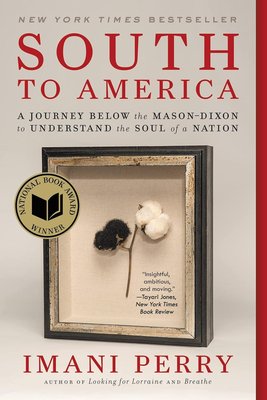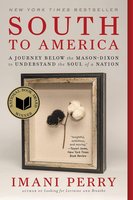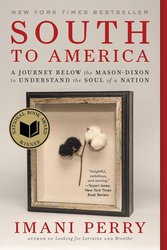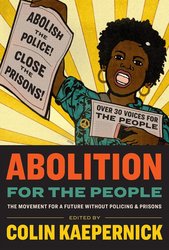WINNER OF THE 2022 NATIONAL BOOK AWARD FOR NONFICTION INSTANT NEW YORK TIMES BESTSELLER “An elegant meditation on the complexities of the American South—and thus of America—by an esteemed daughter of the South and one of the great intellectuals of our time. An inspiration.” —Isabel Wilkerson An essential, surprising journey through the history, rituals, and landscapes of the American South—and a revelatory argument for why you must understand the South in order to understand America We all think we know the South. Even those who have never lived there can rattle off a list of signifiers: the Civil War, Gone with the Wind , the Ku Klux Klan, plantations, football, Jim Crow, slavery. But the idiosyncrasies, dispositions, and habits of the region are stranger and more complex than much of the country tends to acknowledge. In South to America , Imani Perry shows that the meaning of American is inextricably linked with the South, and that our understanding of its history and culture is the key to understanding the nation as a whole. This is the story of a Black woman and native Alabaman returning to the region she has always called home and considering it with fresh eyes. Her journey is full of detours, deep dives, and surprising encounters with places and people. She renders Southerners from all walks of life with sensitivity and honesty, sharing her thoughts about a troubling history and the ritual humiliations and joys that characterize so much of Southern life. Weaving together stories of immigrant communities, contemporary artists, exploitative opportunists, enslaved peoples, unsung heroes, her own ancestors, and her lived experiences, Imani Perry crafts a tapestry unlike any other. With uncommon insight and breathtaking clarity, South to America offers an assertion that if we want to build a more humane future for the United States, we must center our concern below the Mason-Dixon Line. A Recommended Read from: The New Yorker • The New York Times • TIME • Oprah Daily • USA Today • Vulture • Essence • Esquire • W Magazine • Atlanta Journal-Constitution • PopSugar • Book Riot • Chicago Review of Books • Electric Literature • Lit Hub






